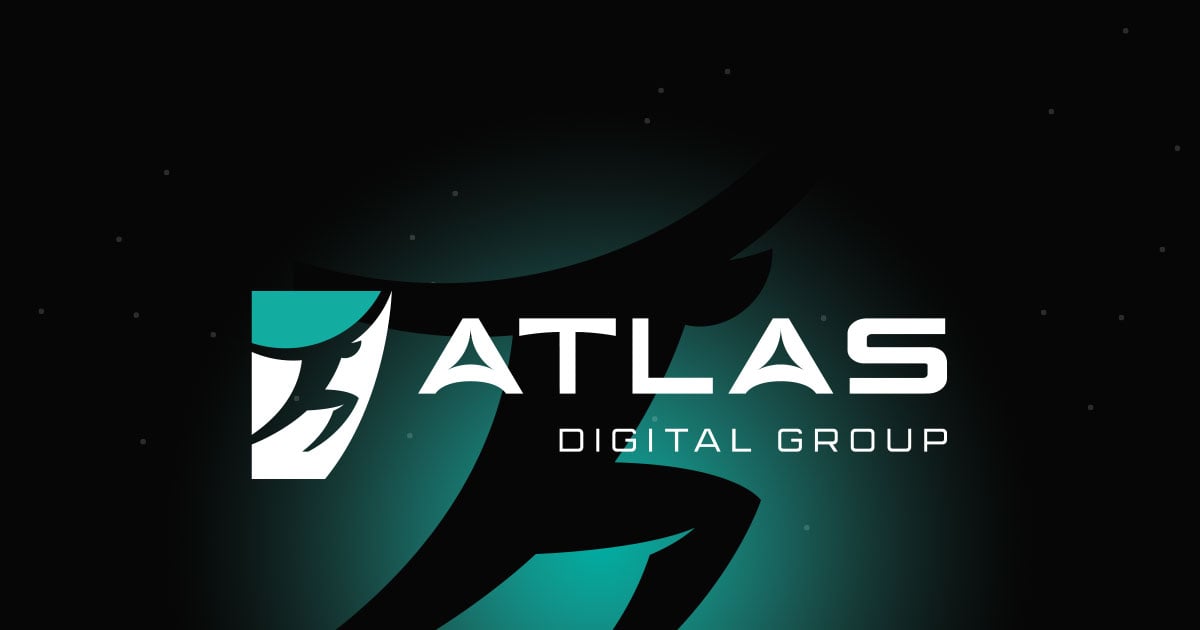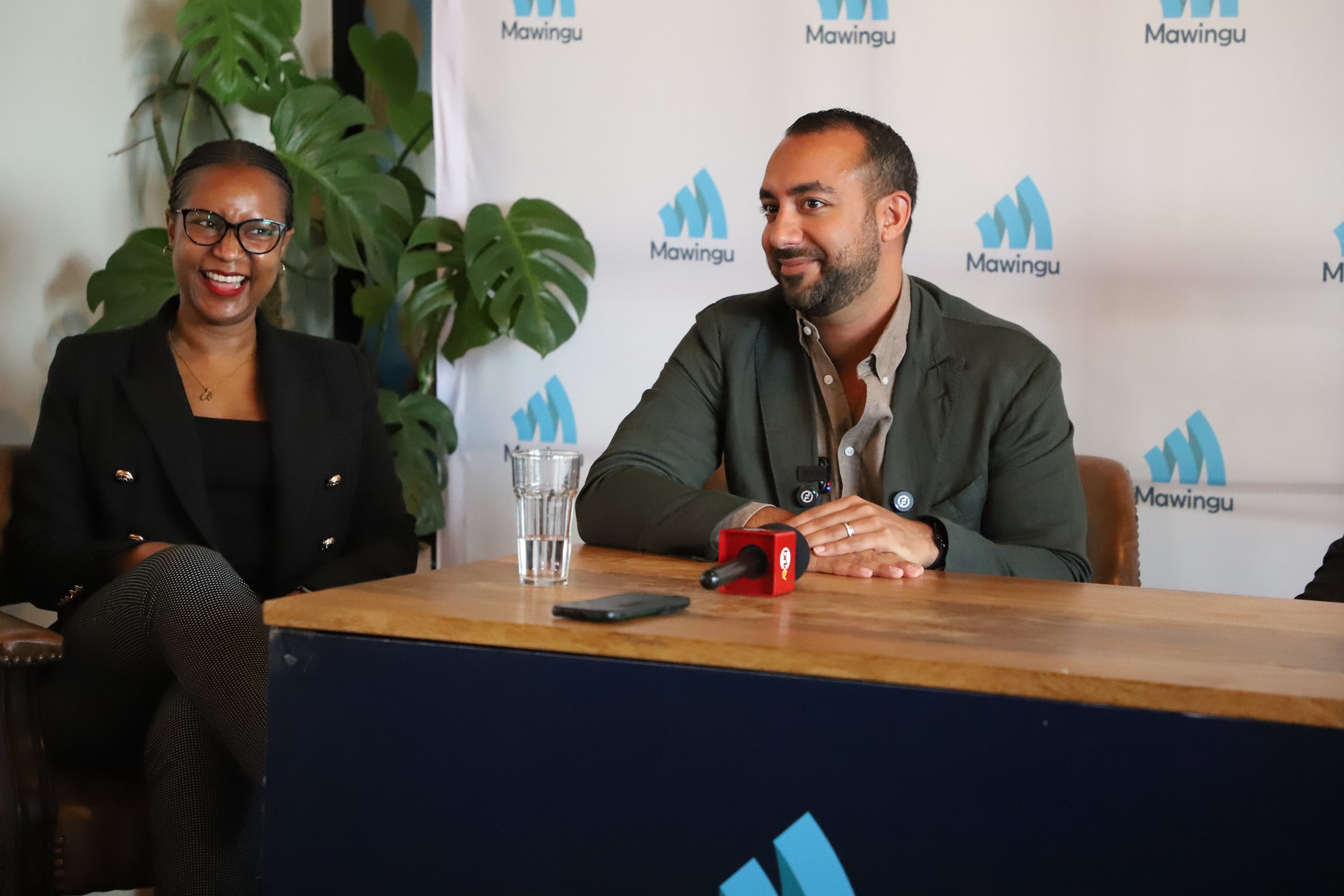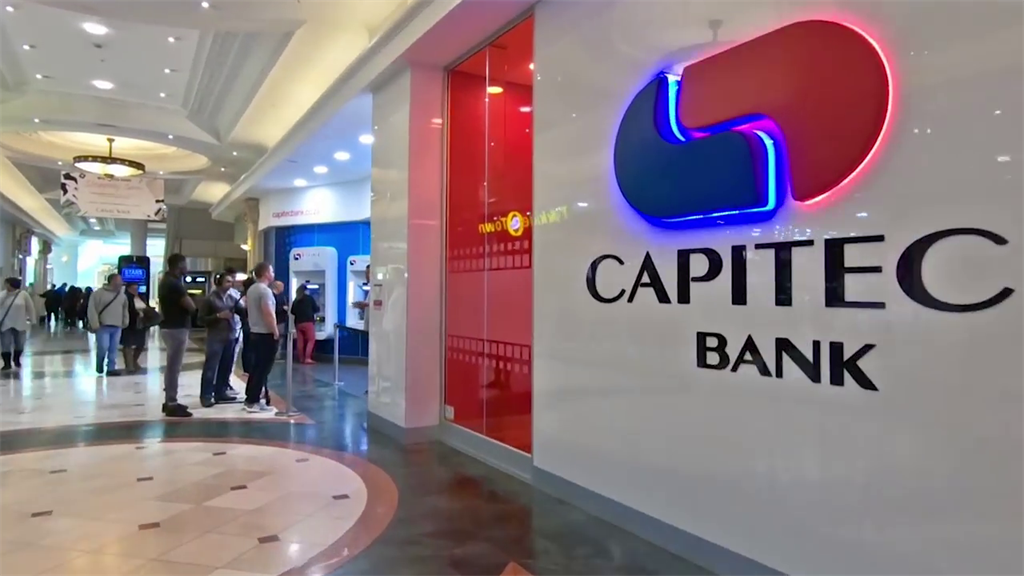In the bustling markets of Nairobi and the rural villages of Kisumu, access to financial services is no longer a luxury; it’s becoming a reality for millions.
Kenya, often hailed as Africa’s fintech powerhouse, has made remarkable strides in financial inclusion, with 84.8% of adults now holding formal financial accounts as of 2024.
This plateau from previous years signals both success and the need for innovation, especially in investment opportunities for the underbanked.
Enter funds like Ziidi Money Market Fund (MMF), a game-changer launched by Safaricom in late 2024 that’s democratising wealth-building and empowering everyday Kenyans to secure their futures.
The Pulse of Financial Inclusion in Kenya
Kenya’s journey toward universal financial access has been fuelled by mobile money pioneers like M-PESA, which now processes a staggering 59% of the country’s GDP.
The 2024 FinAccess Household Survey paints an optimistic picture: financial inclusion rose slightly to 84.8% from 83.7% in 2021, with women at 84.1% and men at 85.7%.
Over half of Kenyans (52.6%) rely on digital payments, a testament to the smartphone and USSD revolution.
Yet challenges persist. Rural areas lag behind urban centres, and while account ownership is high, active use, especially for savings and investments, remains low.
Only 38% of adults held formal investment accounts in 2024, leaving a vast untapped market.
To address this, the Central Bank of Kenya unveiled the National Financial Inclusion Strategy (NFIS) 2025-2028 in September 2025, aiming to coordinate policies, boost innovations, and target underserved groups like SMEs, women, and refugees.
The strategy emphasises responsible inclusion, echoing global calls from the World Bank’s Global Findex 2025 report, which highlights the need for sustainable digital finance in low- and middle-income countries.
Amidst this, Kenya’s fintech sector is booming, with digital payments projected to grow at a 14.1% CAGR through 2028.
Money market funds (MMFs) are at the forefront, offering low-risk, liquid investments that bridge the gap between everyday savings and long-term wealth.
READ ALSO:Ziidi MMF Withdrawals Made Simple
The Power of Money Market Funds: A Low Barrier to Entry
MMFs pool investor money into short-term, secure assets like Treasury bills and fixed deposits, delivering steady returns with high liquidity.
In Kenya, they’ve surged in popularity, with assets under management (AUM) hitting new highs in 2025 despite dipping yields (now averaging 8-10% from 2025 peaks of 15%).
For many, these funds turn idle M-PESA balances into earning assets, fostering discipline and resilience against economic shocks like inflation or job loss.
But what sets funds like Ziidi apart? They’re not just financial products; they’re inclusive tools designed for the masses, leveraging Kenya’s 90%+ mobile penetration to reach the unbanked.
Ziidi MMF: Safaricom’s Bold Leap into Inclusive Investing
Launched in December 2024 and approved by the Capital Markets Authority (CMA) just weeks prior, Ziidi MMF is a unit trust powered by M-PESA, partnering with firms like Enwealth and Kuza Asset Managers.
It’s simple: dial *334# or use the M-PESA app to invest from just KES 100, with zero transaction fees and instant withdrawals.
Earnings accrue daily on investments in government securities, net of a 2% management fee and 15% withholding tax, and users can even “lock” funds for added discipline; unlocking takes 72 hours and is fee-free.
The impact? Explosive growth. In its first month, Ziidi onboarded 450,000 users and amassed KES 2.85 billion in AUM.
By mid-2025, it climbed to the top 15 MMFs with KES 10.22 billion (1.7% market share), outpacing 25 competitors despite a modest 10.5% effective annual yield as of January.
Plans for Shariah-compliant versions and group investments (chamas and businesses) signal even broader reach.
Ziidi isn’t without critics; some raise antitrust flags over Safaricom’s market dominance in digital finance. Yet, its mobile-first model is undeniably transformative, turning M-PESA’s ecosystem into a wealth-building engine.
Stories of Change: Lives Uplifted by Ziidi and Beyond
While personal testimonials are emerging on social media, the broader ripple effects are clear. For small business owners like market vendors in Kibera, Ziidi means parking daily earnings securely, earning interest that compounds into school fees or stock replenishment.
One X user highlighted how M-PESA tools like Ziidi and Fuliza Biashara are “empowering underserved communities” through microloans and smart credit scoring.
Refugees and SMEs are key beneficiaries. Safaricom’s KES 15 billion in sustainability-linked financing supports education and green initiatives, with Ziidi enabling refugees to invest remittances safely.
A young entrepreneur in Nakuru might start with KES 500 from vegetable sales, watching it grow to fund expansion, a real impact in a nation where 80% of the workforce is informal.
These funds complement M-PESA’s ecosystem, driving 84% inclusion rates and processing 80 million daily transactions. As one post notes, “From Fuliza Biashara to Ziidi, we’re turning tech into impact.”
Looking Ahead: A More Inclusive Financial Future
As Kenya’s NFIS 2025-2028 rolls out, funds like Ziidi exemplify how innovation can sustain momentum. By lowering barriers, enhancing transparency, and prioritising the underserved, they’re not just changing bank balances; they’re reshaping destinies.
Whether you’re a jua kali artisan or a diaspora saver, the message is clear: your money can work for you.
Ready to join the revolution? Dial *334# and invest in your tomorrow. Kenya’s financial story is one of resilience and reinvention, and it’s just getting started.
Ronnie Paul is a seasoned writer and analyst with a prolific portfolio of over 1,000 published articles, specialising in fintech, cryptocurrency, climate change, and digital finance at Africa Digest News.







Leave a Reply